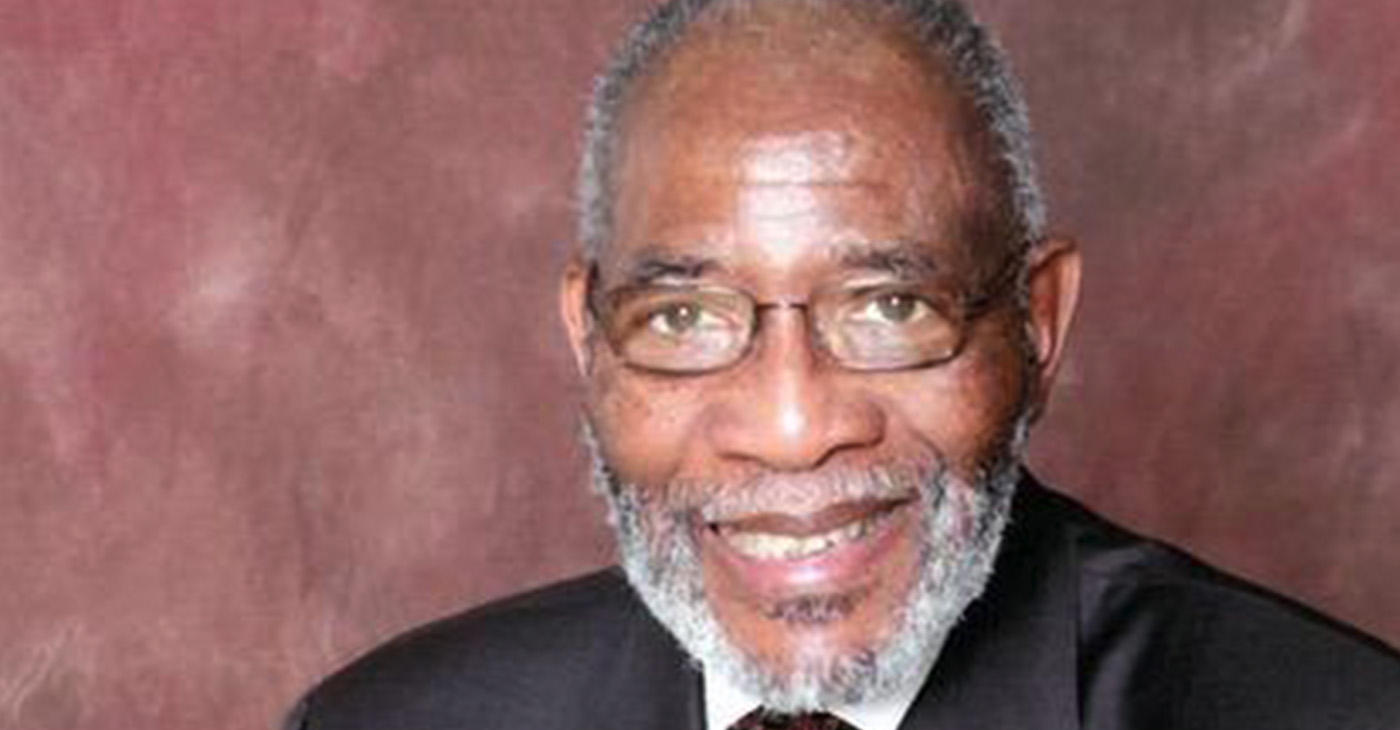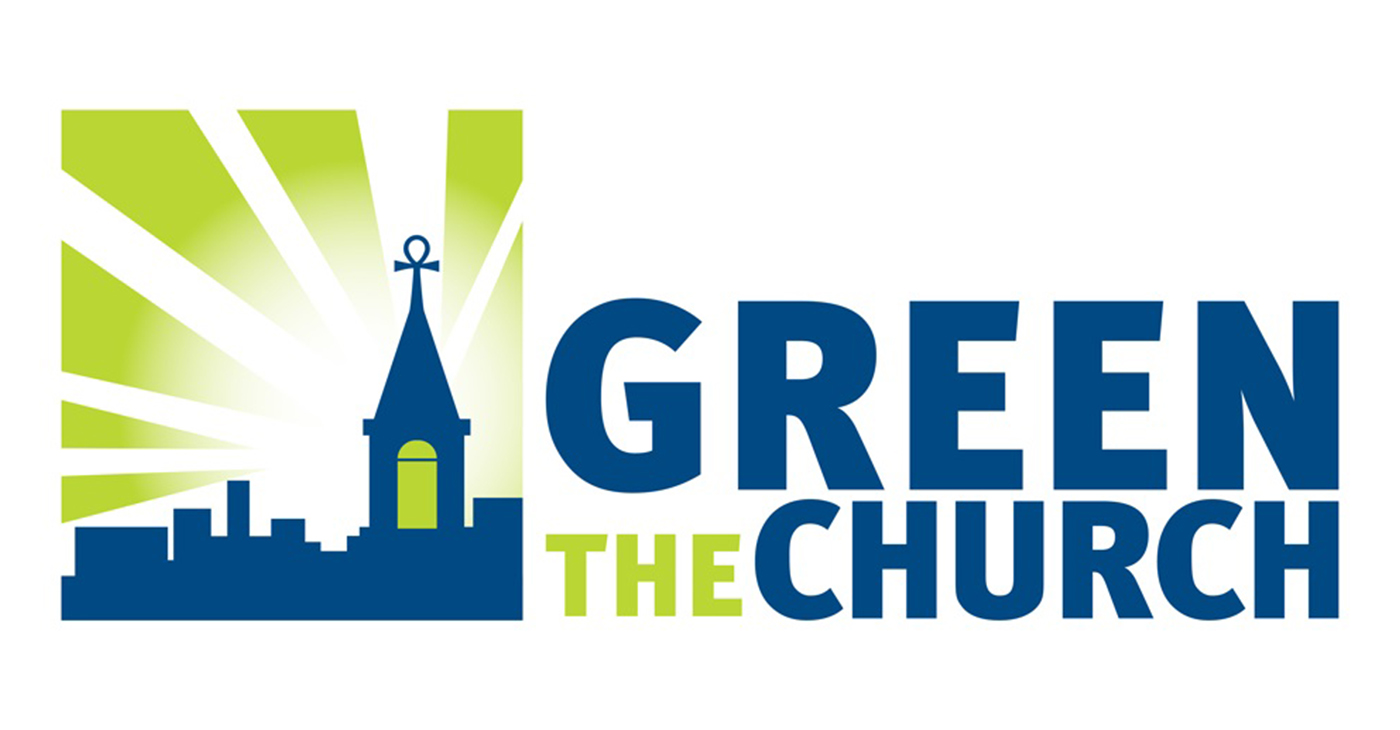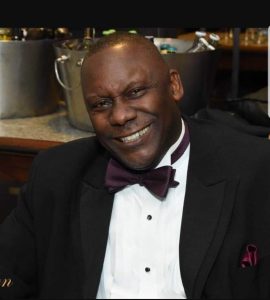Activism
Rev. Amos Brown Brings Wisdom, Guidance to Cal’s Reparations Task Force
“We’re about balance, inclusion, and stating the case precisely so that it doesn’t face paralysis of analysis or become just another study,” Brown said. “We have had too many studies of Black folks in the past. Now is the time to show us that we are serious about being ‘one nation under God, indivisible, with liberty and justice for all,’” said Rev. Amos C. Brown who is vice-chair and the senior member serving on the nine-member California Task Force to Study and Develop Reparation Proposals for African Americans, referencing the U.S. Pledge of Allegiance.

By Antonio Ray Harvey | California Black Media
The Rev. Amos C. Brown is vice-chair and the senior member serving on the nine-member California Task Force to Study and Develop Reparation Proposals for African Americans.
Brown, 80, says he is “extremely pleased” with what the committee has accomplished after four meetings.
The task force held its fifth and final two-day meeting session of 2021 on Dec. 7 and Dec. 8. As written in Assembly Bill (AB) 3121, the group has until 2023 to present a set of recommendations to the state for consideration.
“The task force has been extremely focused and substantive. We have some of the best minds — people who know the history, psychology, and sociology of the pressure Black folks in this country have felt,” Brown told California Black Media.
The task force was created after Gov. Gavin Newsom signed AB 3121 into law in September 2020. California Secretary of State Shirley N. Weber authored the bill while she served in the State Assembly representing the 79th District in San Diego.
The law calls for the state to set up a task force to study slavery, Jim Crow segregation and other injustices African Americans have faced historically in California and across the United States.
The group will then recommend appropriate ways to educate Californians about reparations and propose ways to compensate descendants of enslaved people based on the task force’s findings.
The members of the task force come from diverse professional backgrounds. So far, the panel has heard testimony from a range of experts and witnesses, including descendants and representatives of people or families the government denied justice in the past; as well as historians, economists and academics.
“We’re about balance, inclusion, and stating the case precisely so that it doesn’t face paralysis of analysis or become just another study,” Brown said. “We have had too many studies of Black folks in the past. Now is the time to show us that we are serious about being ‘one nation under God, indivisible, with liberty and justice for all.’” Brown said, referencing the U.S. Pledge of Allegiance.
According to Brown, African Americans in his hometown of San Francisco need to overcome decades of psychological damage imposed by racism, discrimination and unfair government policies, including some urban renewal programs that hurt Black families more than they helped.
On Nov. 22, Brown joined actor Danny Glover, other local Black leaders, and members of the San Francisco Reparations Committee, to ask the city to donate the historic Fillmore Heritage Center to the African American community.
Many have referred to the Fillmore neighborhood as the “Harlem of the West” in the 1940s, Brown said. By 1945, over 30,000 Black Americans lived in the historic area.
Today, around 6% of San Francisco’s population of nearly 875,000 people are Black or mixed-race African Americans.
“San Francisco City leaders have a moral obligation to right the racist wrongs that destroyed that culture and that community and allow the Fillmore Heritage Center to live up to the full meaning of its name,” Glover said in a statement.
In 2007, the center became a venue for Jazz and Blues, reminiscent of the culture and Fillmore night clubs that attracted musical greats like Duke Ellington, Charlie Parker, Billie Holiday, and others.
Last May, the San Francisco Board of Supervisors voted unanimously to appoint a 15-member African American Reparations Advisory Committee.
“That building, that land, represents the disenfranchisement, redlining of Black folks in this town, and the redevelopment agency not being fair,” Brown said. “The Fillmore, 12 blocks, itself was the hub of Black entertainment, Black culture, Black businesses and Black life. You just can’t wipe out our history or our heritage.”
Born in Jackson, Mississippi in 1941, Brown says he was delivering JET magazine when the popular weekly published graphic photos of 14-year-old Emmett Till murdered by a racist mob in August 1955 in Money, Mississippi, a rural area known for the cultivation of cotton. Till’s lynching ignited the Civil Rights Movement.
“Emmett and I were the same age,” Brown said. “When I picked up a copy (of Jet magazine), I saw that mutilated head. It horrified me. I remember it vividly.”
At 15, Brown started the first youth council for the National Association for the Advancement of Colored People (NAACP). In 1956, Medgar Evers, a Mississippi state official for the NAACP, brought Brown, then 15, to San Francisco to attend the NAACP’s national convention where he first met Dr. Martin Luther King, Jr.
Brown later studied under King at Morehouse College in Atlanta.
In 1961, he was arrested with King at a lunch counter sit-in and joined the Freedom Riders, a group of activists who protested segregation in the South.
“In 1960, before I joined the Freedom Riders, the NAACP Youth Council actually organized the first ‘sit-down protest’ in Oklahoma City in August 1958,” Brown said. “The first sit-down movement did not start in Greensboro, North Carolina. It began in Oklahoma City, Wichita (Kansas), and Louisville (Kentucky) under the auspices of the Youth Council of the NAACP.”
Brown earned a Doctor of Divinity from United Theological Seminary in Ohio and a Master of Divinity from Crozer Theological Seminary in Pennsylvania.
Brown has been the pastor of Third Baptist Church of San Francisco since 1976. From 1996 to 2001, he served on the San Francisco Board of Supervisors. He is president of the San Francisco Branch of the NAACP and a member of the organization’s national board of directors.
Brown said he is monitoring reparation legislation and conversations across the country to see if proposals being put forward are in sync with California’s efforts.
“What I want to accomplish is: Black people being and knowing that something was done about their pain — that can be done in the state of California,” Brown said. “Things can never be perfect, but at least collectively people of conscious and good will can stand up and say, ‘this is what we must do to right this wrong.’”
Activism
Oakland Schools Honor Fred Korematsu Day of Civil Liberties
Every Jan. 30, OUSD commemorates the legacy of Fred Korematsu, an Oakland native, a Castlemont High School graduate, and a national symbol of resistance, resilience, and justice. His defiant stand against racial injustice and his unwavering commitment to civil rights continue to inspire the local community and the nation. Tuesday was “Fred Korematsu Day of Civil Liberties and the Constitution” in the state of California and a growing number of states across the country.

By Post Staff
Every Jan. 30, OUSD commemorates the legacy of Fred Korematsu, an Oakland native, a Castlemont High School graduate, and a national symbol of resistance, resilience, and justice.
His defiant stand against racial injustice and his unwavering commitment to civil rights continue to inspire the local community and the nation. Tuesday was “Fred Korematsu Day of Civil Liberties and the Constitution” in the state of California and a growing number of states across the country.
One OUSD school is named in his honor: Fred T. Korematsu Discovery Academy (KDA) elementary in East Oakland.
Several years ago, founding KDA Principal Charles Wilson, in a video interview with anti-hate organization “Not In Our Town,” said, “We chose the name Fred Korematsu because we really felt like the attributes that he showed in his work are things that the children need to learn … that common people can stand up and make differences in a large number of people’s lives.”
Fred Korematsu was born in Oakland on Jan. 30, 1919. His parents ran a floral nursery business, and his upbringing in Oakland shaped his worldview. His belief in the importance of standing up for your rights and the rights of others, regardless of race or background, was the foundation for his activism against racial prejudice and for the rights of Japanese Americans during World War II.
At the start of the war, Korematsu was turned away from enlisting in the National Guard and the Coast Guard because of his race. He trained as a welder, working at the docks in Oakland, but was fired after the bombing of Pearl Harbor in 1941. Fear and prejudice led to federal Executive Order 9066, which forced more than 120,000 Japanese Americans out of their homes and neighborhoods and into remote internment camps.
The 23-year-old Korematsu resisted the order. He underwent cosmetic surgery and assumed a false identity, choosing freedom over unjust imprisonment. His later arrest and conviction sparked a legal battle that would challenge the foundation of civil liberties in America.
Korematsu’s fight culminated in the Supreme Court’s initial ruling against him in 1944. He spent years in a Utah internment camp with his family, followed by time living in Salt Lake City where he was dogged by racism.
In 1976, President Gerald Ford overturned Executive Order 9066. Seven years later, the 9th Circuit Court of Appeals in San Francisco vacated Korematsu’s conviction. He said in court, “I would like to see the government admit that they were wrong and do something about it so this will never happen again to any American citizen of any race, creed, or color.”
Korematsu’s dedication and determination established him as a national icon of civil rights and social justice. He advocated for justice with Rosa Parks. In 1998, President Bill Clinton gave him the Presidential Medal of Freedom saying, “In the long history of our country’s constant search for justice, some names of ordinary citizens stand for millions of souls … To that distinguished list, today we add the name of Fred Korematsu.”
After Sept. 11, 2001, Korematsu spoke out against hatred and discrimination, saying what happened to Japanese Americans should not happen to people of Middle Eastern descent.
Korematsu’s roots in Oakland and his education in OUSD are a source of great pride for the city, according to the school district. His most famous quote, which is on the Korematsu elementary school mural, is as relevant now as ever, “If you have the feeling that something is wrong, don’t be afraid to speak up.”
Activism
WOMEN IMPACTING THE CHURCH AND COMMUNITY
Juanita Matthews, better known as “Sister Teacher,” is a walking Bible scholar. She moved to California from the great state of Arkansas in 1971. Sister Teacher has a passion for teaching. She has been a member of Bible Fellowship Missionary Baptist Church since 1971.

Sister Juanita Matthews
55 Years with Oakland Public School District
The Teacher, Mother, Community Outreach Champion, And Child of God
Juanita Matthews, better known as “Sister Teacher,” is a walking Bible scholar. She moved to California from the great state of Arkansas in 1971. Sister Teacher has a passion for teaching. She has been a member of Bible Fellowship Missionary Baptist Church since 1971. She followed her passion for teaching, and in 1977 became the lead teacher for Adult Class #6. Her motto still today is “Once My Student, Always My Student”.
Beyond her remarkable love for the Lord, Sister Teacher has showcased her love for teaching by working for the Oakland Unified School District for 55 years, all but four of those years spent at Emerson Elementary and Child Development School. She truly cares about her students, making sure they have the tools/supplies needed to learn either at OUSD or Bible Fellowship Missionary Baptist Church.
She’s also had a “Clothes Closet Ministry” for 51 years, making sure her students have sufficient clothing for school. The Clothes Closet Ministry extends past her students, she has been clothing the community for over 50 years as well. She loves the Lord and is a servant on a mission. She is a loving mother to two beautiful children, Sandra and Andre. This is the impact this woman of God has on her church and the community.
Activism
Oakland’s ‘Green the Church,’ Others, Host a Climate Revival
On April 20, Oakland’s Green The Church California (GTC) and the Center For Food, Faith and Justice will celebrate Earth Day and present a Climate Revival event titled “Growing Healthy Communities From Soil To The Soul” at McGee Avenue Baptist Church at 1640 Stuart St, Berkeley, CA. The day will include inspiring talks, interactive workshops, networking opportunities, and a special panel on Food Sovereignty and Global Food Resilience.

Growing Healthy Communities from Soil to the Soul in Berkeley
By Y’Anad Burrell
On April 20, Oakland’s Green The Church California (GTC) and the Center For Food, Faith and Justice will celebrate Earth Day and present a Climate Revival event titled “Growing Healthy Communities From Soil To The Soul” at McGee Avenue Baptist Church at 1640 Stuart St, Berkeley, CA,
The day will include inspiring talks, interactive workshops, networking opportunities, and a special panel on Food Sovereignty and Global Food Resilience.
The keynote speaker is Rev. Danté R. Quick, PhD, senior pastor of First Baptist Church of Lincoln Gardens in Somerset, N.J. Quick is well known in the Bay Area, having served for more than 10 years as pastor of Friendship Missionary Baptist Church in Vallejo, CA.
Green The Church, founded in 2010 by Rev. Dr. Ambrose Carroll, Sr., and headquartered in Oakland, helps galvanize Black churches and their local communities and leaders to address issues critical to populations historically disengaged from conversations around pollution and health, climate change, and sustainability and energy efficiency.
The organization collaborates with major environmental, sustainability, food security, faith, and community-based non-profit organizations, and is committed to “creation justice”—care and justice for God’s people and the planet—and building the Beloved Community.
Environmental justice has long been a pressing concern for communities of color who bear the brunt of pollution and ecological degradation. Climate change exacerbates these issues, disproportionately impacting vulnerable communities. Recognizing this urgency, Black churches across the country are taking action.
With deep roots in the African American community and its commitment to social justice, the Black Church has become an essential advocate for sustainable practices and policies.
Over the past 14 years, in a powerful collaboration with significant environmental, sustainability, food security, faith, and community-based non-profit organizations, GTC has created a cadre of Black churches engaging in the environmental justice, climate, and sustainability movement.
GTC presently works with more than 1,000 pastors and congregations across the U.S., and groups in the Bahamas, Ghana, Nigeria, and the UK, showing that we can make a difference together.
The partnership between environmental justice advocates and the Black Church extends beyond individual congregations. Green The Church provides resources and support for faith communities seeking to address climate change and promote environmental justice.
Through collaboration, initiatives such as energy efficiency programs, solar installations, and environmental education have been implemented in Black churches nationwide. These efforts reduce the carbon footprint and save money on energy bills, benefiting the congregations and their communities.
The involvement of the Black Church in the fight against climate change is not just a participation, it’s a powerful message that galvanizes action across communities.
By integrating environmental justice into their ministry, Black churches are demonstrating that addressing climate change is not only a matter of science but also of social and moral responsibility, inspiring change at a grassroots level.
For more information, go to: www.greenthechurch.org.
-

 Activism4 weeks ago
Activism4 weeks agoOakland Post: Week of March 20 – 26, 2024
-

 #NNPA BlackPress3 weeks ago
#NNPA BlackPress3 weeks agoCOMMENTARY: D.C. Crime Bill Fails to Address Root Causes of Violence and Incarceration
-

 #NNPA BlackPress3 weeks ago
#NNPA BlackPress3 weeks agoMayor, City Council President React to May 31 Closing of Birmingham-Southern College
-

 #NNPA BlackPress3 weeks ago
#NNPA BlackPress3 weeks agoFrom Raids to Revelations: The Dark Turn in Sean ‘Diddy’ Combs’ Saga
-

 #NNPA BlackPress3 weeks ago
#NNPA BlackPress3 weeks agoCOMMENTARY: Lady Day and The Lights!
-

 #NNPA BlackPress3 weeks ago
#NNPA BlackPress3 weeks agoBaltimore Key Bridge Catastrophe: A City’s Heartbreak and a Nation’s Alarm
-

 #NNPA BlackPress3 weeks ago
#NNPA BlackPress3 weeks agoBaltimore’s Key Bridge Struck by Ship, Collapses into Water
-

 Activism3 weeks ago
Activism3 weeks agoOakland Post: Week of March 27 – April 2, 2024














































